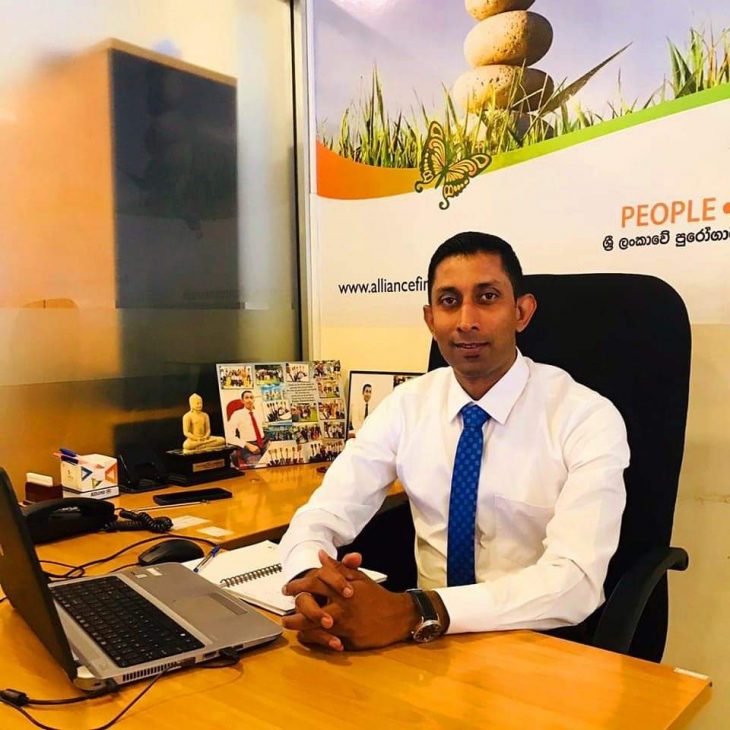
Navigating a Successful Interview Unveils One’s Future.
Vol 26 Issue 15
An interview is a structured way for an applicant for a job role to meet the employer. The interviewer gets the opportunity to analyze the applicants’ scope of personality with their skills. The interviewee benefits from showcasing their capabilities and suitability for the position. This formal exchange aids in the selection process, ensuring a well-informed decision on the candidate’s fit for the job. The interviews have their forms of conduct as per the discretion of the employer. Face-to-face interviews, virtual interviews conducted through digital platforms like Zoom, Microsoft Teams, mobile screening, and panel interviews are some of the popular forms of interviews. During an interview process, the employer is penetrating to recognize the experience, expertise, and skills that an applicant brings to the organization. It allows the employer to determine the suitable employees for the position with the correct potential to grow up the ladder in the future.

Facing an interview is one of the crucial topics that is discussed during the recruitment and selection process. It involves an effective combination of self-confidence and sharp communication skills. Firstly, before an interview, applicants must conduct thorough research on the company, job role, and description. This preparation is essential for building the confidence needed for effective communication during the interview. Recognizing the company’s vision, mission, goals, and objectives not only demonstrates enthusiasm for the applied position but also enhances the overall impression an applicant makes. This comprehensive approach showcases a genuine interest and readiness for the potential role within the organization.
A clear insight into the job description will come as the second on the list. An applicant should have a basic understanding of what the job role is about along with the required skills and experience to perform the role. The employer or the interviewer will evaluate the candidates who smoothly integrate into the organizational culture. Thirdly, the applicants must practice the frequently asked interview questions with any pre-defined answers if any. The STAR method is one of the commonly used techniques that analyses the Situation, Task, Action, and Result to organize the answers. The interviewers generally want to start the interview process with a self-introduction which they require to identify the applicant’s strengths and weaknesses.
Conversing about one’s own skill set will also determine one’s self-confidence. Throughout the questionnaire, the interviewee must present their achievements during past experiences or previous job roles. It contributes a significant impact on the employer to evaluate the capabilities of the applicant. Portraying technical skills as well as soft skills such as collaborative teamwork, intercultural communication skills, client handling skills, and work ethics will strengthen the applicant’s proficiency. Ultimately, it all comes together with body language and the dress code. It is said that the first impression lasts throughout. Thus, an appropriate dress code presents a positive impact on the interviewer. Polite use of the language, avoiding jargon, firm posture, and eye contact will boost the positive impression of the interviewer towards the interviewee. More importantly, it reveals the personality of the applicant while creating a positive perception in the employer’s mind. As an expert to succeed in the professional career, interview skills are crucial to possess as they bring out an opportunity to portray yourself within a limited time frame. Therefore, utilizing time effectively and confidently to stamp a positive impression in the interviewer’s mind is crucial.
- Finnish Cuisine - 19th April 2024
- “Kokis” – A Snack of Sri Lankan New-year Table - 12th April 2024
- Celebrating Cultural Diversity – The Sinhala and Tamil New Year Celebration in Sri -Lanka - 5th April 2024
